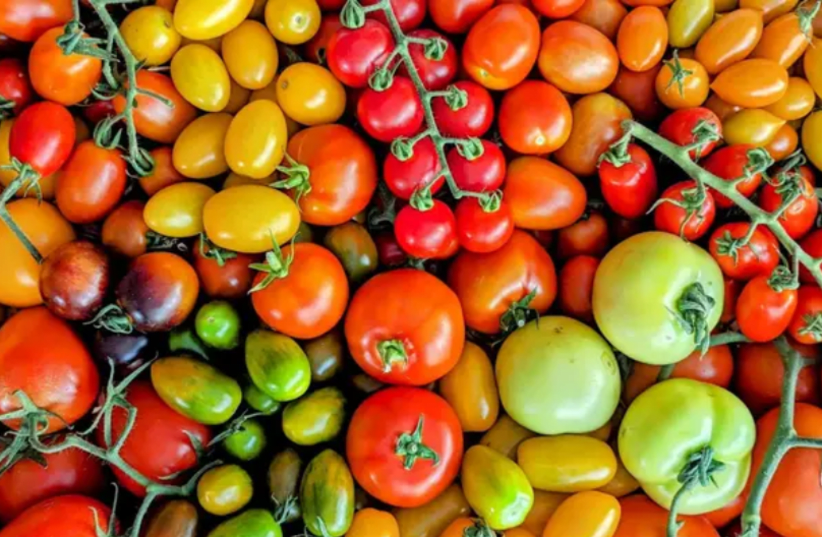Tomatoes, known for their high levels of vitamin C and minerals, have been linked to better heart health and a reduced risk of diabetes.
A new study has found a connection between consuming tomatoes and a lower risk of developing high blood pressure. According to the study, published in the European Journal of Preventive Cardiology, eating tomatoes helps in managing high blood pressure and may even prevent the development of hypertension in older adults.
Previous clinical studies yielded contradictory results regarding the impact of tomato consumption on blood pressure. Therefore, in this recent study, researchers attempted to understand how eating tomatoes would affect the risk of developing high blood pressure in older adults who are at an increased risk for cardiovascular problems.
"Consuming tomatoes, including tomato-based products, is beneficial in preventing and managing high blood pressure. Higher tomato consumption reduces the risk of high blood pressure by 36%, while moderate consumption lowers blood pressure, especially in stage 1 hypertension," the researchers wrote.
The study examined 7,056 participants, 82.5% of whom had high blood pressure.
Based on their daily tomato consumption, they were divided into four categories: those consuming less than 44 grams, those consuming between 44 and 82 grams (moderate), those consuming between 82 and 110 grams (upper moderate), and those consuming over 110 grams.
Researchers observed a decreased diastolic blood pressure (the pressure in arteries when the heart is at rest between beats) in the higher and moderate consumption groups. In participants with stage 1 hypertension and moderate levels of tomato consumption, there was a noticeable decrease in both systolic blood pressure (the pressure in arteries during heartbeats) and diastolic blood pressure.
"The cardiovascular defense mechanisms involved in lowering blood pressure may be attributed in part to the presence of lycopene in tomatoes," said Rosa Maria Llamas-Rovira, Director of the Institute of Nutrition and Food Safety Research at the University of Barcelona.
The study does not indicate if there is any difference in effect when tomatoes are consumed raw compared to when they are cooked. However, the researchers suggest that the beneficial effects may be more pronounced when tomatoes are cooked. The reason for this is that the cooking process can enhance the bioavailability of carotenoids and other antioxidants, such as polyphenols, present in tomatoes.
